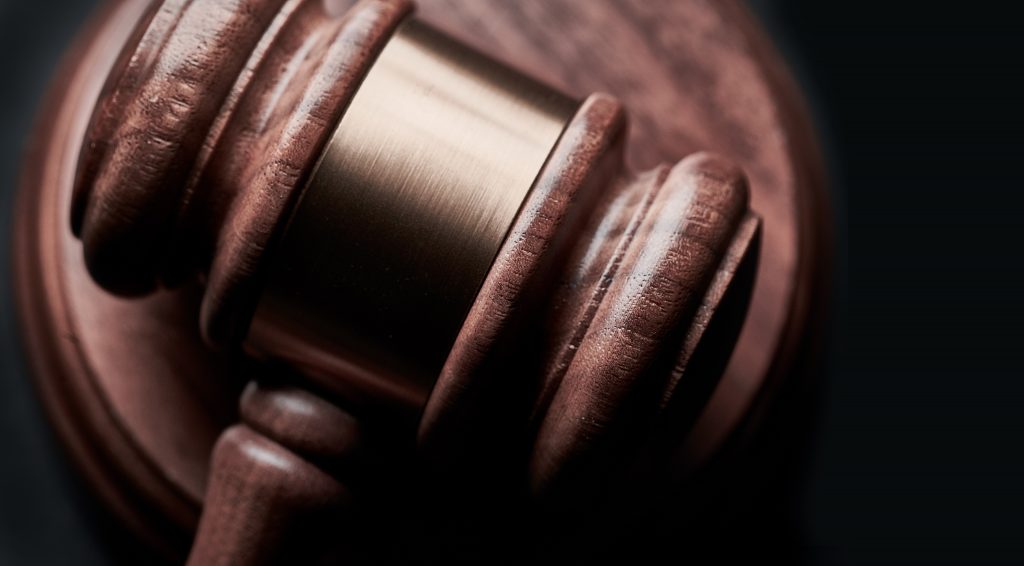Evicting a Tenant: What To Do

Evicting a tenant is the process required for obtaining possession of rental property. Evictions, known in Massachusetts as summary process, are done through an expedited court process; most often brought in Housing Court or District Court.
A recent news article reveals a disturbing trend about many landlords, due to the ongoing coronavirus pandemic, attempting to evict tenants on their own; a process commonly referred to as “self-help evictions.” Self-help evictions are highly illegal in Massachusetts, and can get landlords in an enormous amount of trouble.
Evicting a Tenant: When Is It Required?
An eviction case is required for obtaining possession against any tenant, regardless of the reason why the eviction is necessary. Although there is a limited exception for tenants engaging in illegal behavior, an eviction is generally required in every other circumstance.
No Self-Help Evictions
A “self-help eviction” is a case where a landlord attempts to remove a tenant from the rental property without a formal court case. Changing the locks, cutting off utilities, and threatening a tenant can all be considered a self-help eviction, and are expressly forbidden under Massachusetts law.
An eviction case requires a landlord, in most cases, to provide the tenant with a notice to quit, serve the tenant with a formal eviction summons, and appear in court. The process takes time and, understandably, can be frustrating, especially when it is against a non-paying tenant.
Presently, there is an eviction moratorium in Massachusetts, which is preventing the filing of almost all eviction cases for the foreseeable future. As such, it is understandable why some landlords may be tempted to bypass a formal eviction case against a tenant. Doing so, however, is a terrible idea, and will be far more trouble than it is worth.
Conclusion
Instead of considering a self-help eviction, contact me for a consultation. While evictions are not going forward now, I can explain the process to you, what can be done in the meantime, and how to prepare for such an action when the courts reopen.
